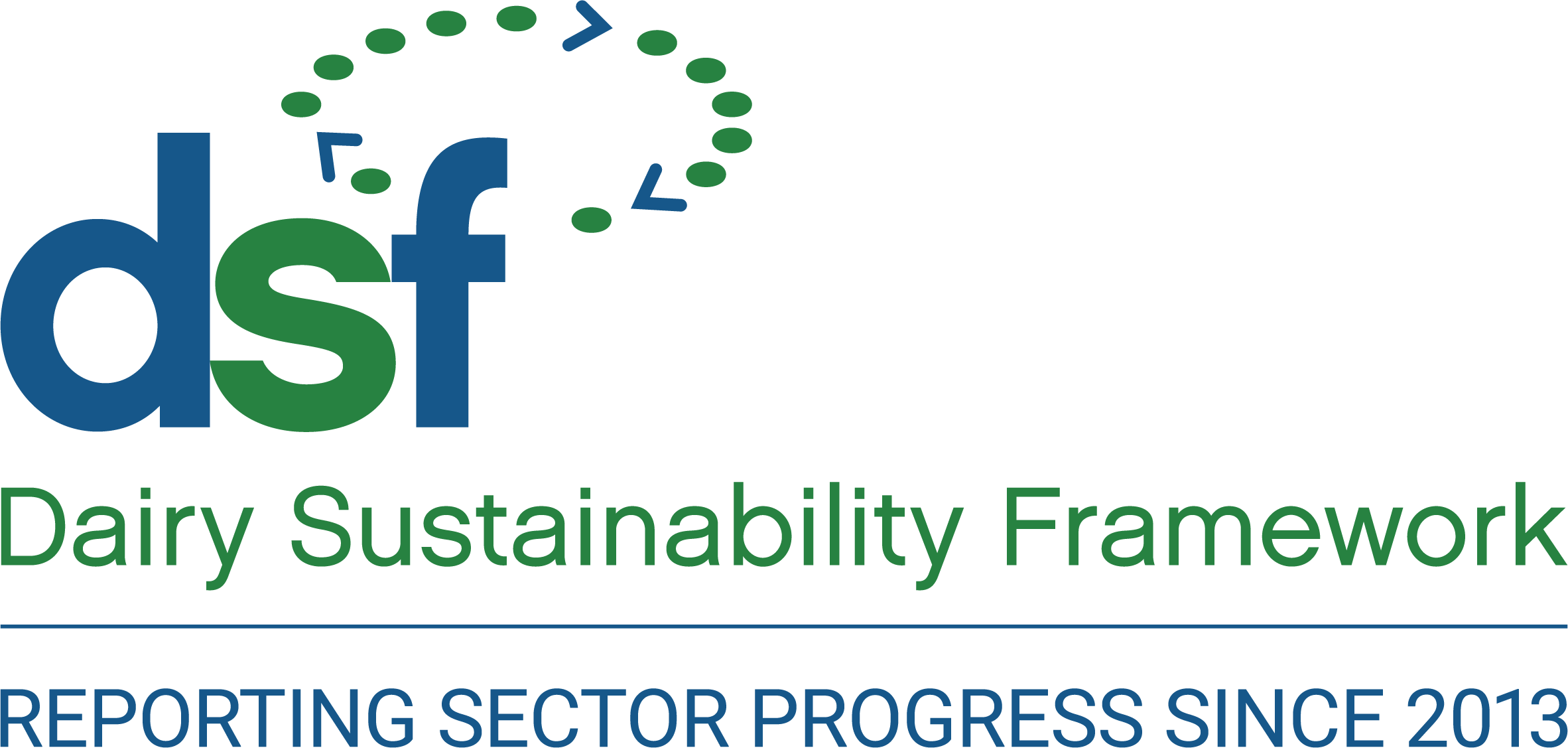April’s food for thought…
April’s food for thought…
- Will removing dairy cows help stop climate change?
- The 9 paradoxes of the EU Farm to Fork Strategy
- Improving genomic prediction of methane emission
- Did world lockdown help in the fight against climate change?
- How a bicycle tripled on woman's income
- Red seaweed (Asparagopsis taxiformis) supplementation reduces enteric methane by over 80 percent in beef steers
Will removing dairy cows help stop climate change?
A team of researchers from Virginia Tech and U.S. Department of Agriculture recently put it to the test and found that if the dairy herd were somehow removed from the U.S., greenhouse gas emissions (GHG) would only be reduced by about 0.7%, while seriously reducing the supply of various essential nutrients that milk provides. Click here for the full article and short film from Undeniably Dairy
The 9 Paradoxes of the EU Farm to Fork Strategy
The European livestock sector presents in this video "The 9 paradoxes of Farm to Fork" and a call to actively participate in the current sustainability challenge to develop and implement an effective and adequate Farm to Fork strategy for Europe. The paradoxes outlined highlight the fact that despite good intentions, the Farm to Fork strategy does not take into consideration the current situation and challenges of the livestock sector. But the whole livestock value chain is willing to be actively involved in the great green transition process, now in progress.
Improving genomic prediction of methane emission
Methane emission is a heritable trait, which makes selection for lower emitting animals possible. Recent research with Danish Holstein dairy cattle shows the impact of a multi-trait approach to achieve high selection accuracy of lower methane-emitting animals. Read the full article from Dairy Global
Did a worldwide lockdown help in the fight against climate change?
Has lockdown helped in the fight against climate change? Unfortunately, the short answer is no, it hasn’t. Well... it hasn’t yet. This article from the BBC Social Contributor looks at why and urges us to take seize the opportunities arising from the global pandemic and make something good result from a terrible situation. Read the full article
How a bicycle tripled one woman’s income
If you don't have a car and the roads are poor then it can be difficult taking your products to market. Might bicycles provide the answer? Read the full article from the BBC
Red seaweed (Asparagopsis taxiformis) supplementation reduces enteric methane by over 80 percent in beef steers
While CH4 intensities have been previously reported for dairy cows fed A. armata, this is the first study to measure CH4 intensity differences in beef cattle fed A. taxiformis. This study demonstrated that dietary inclusion of A. taxiformis induces a consistent and considerable reduction in enteric CH4 production from steers on a typical feedlot style diet. Enteric CH4 is the largest contributor to GHG emissions from livestock production systems. Read the full article from Plos One
